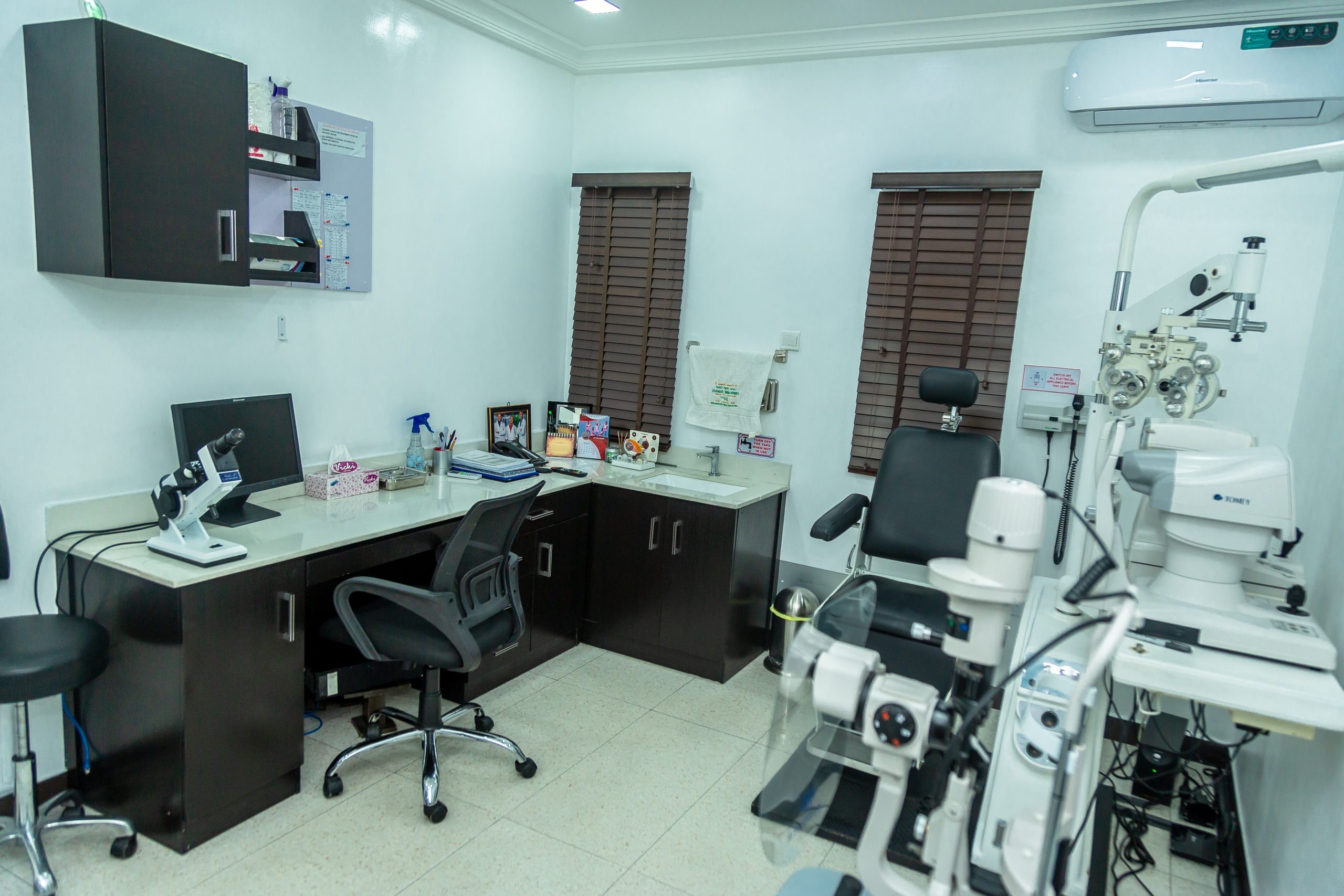Our Services
Our approach is focused on the patient. We use the latest technology backed by the most research to care for your eyes in the shortest possible time.

COMPREHENSIVE EYE CARE
Comprehensive eye care is much more than checking your eyes for glasses.
It involves a series of procedures by an eye care professional to examine how well you see, how your eyes function together, the overall health of your eyes, and provide adequate care using any or a combination of glasses, contact lenses, medication, and surgery or therapy.
A comprehensive care for the eyes includes (but not limited to) these:
History taking
Visual acuity testing
Refraction
Binocular vision assessment
Dilated eye exam
Central vision test
Glaucoma work-up
Color vision testing
Test result analysis
Treatment/Management
Follow-up
VISION THERAPY
There are several skills required to achieve a clear and comfortable vision. These skills can be developed with the right trainings. This is what vision therapy is about.
Cynard eye clinic provides vision therapy services that help in the treatment of such conditions like lazy eye (amblyopia), deviating eye (strabismus), poor eye-hand cordination, etc.
CONTACT LENS
Contact lenses can be worn for a variety of reasons. Some of these reasons include:
1. Cosmetic purposes
2. Correction of refractive errors
3. Correction of presbyopia
4. Treatment of eye corneal diseases
It is important to mention that NOT everyone can wear contact lens, even if it is just for cosmetic purposes.
This makes it necessary to undergo tests that determine your suitability before wearing contacts.
A careful contact lens care regimen is also required to ensure your eyes don’t become infected or injured while you wear contact lenses.

Surgery
Cataract surgery
Glaucoma surgery
Retinal surgeries
Pterygium excision
Eyelid surgery
eyelid surgeries are done to improve the appearance of drooping eyelids/eye bags by removing excess skin or fat.
Eye muscle surgery
VISION SCREENING
Cynard eye clinic partners with schools, companies, NGOs, and corporate organizations to screen students, staff, or members for possible eye disorders.
People flagged for possible eye disorders are referred to our clinic where a more comprehensive approach to eye care is taken to care for these individuals.

Low Vision
Low vision cannot be corrected with glasses, contact lens, medication, or even surgery. Some of the causes of low vision are glaucoma, age-related macular degeneration, diabetic retinopathy, traumatic eye injuries, etc.
Low vision patients have some residual vision left; hence, the goal of low vision management is to improve the use of the functional vision one has left through the use of low vision devices. With good management, low-vision patients can navigate their daily activities without relying so much on someone else assisting them.
